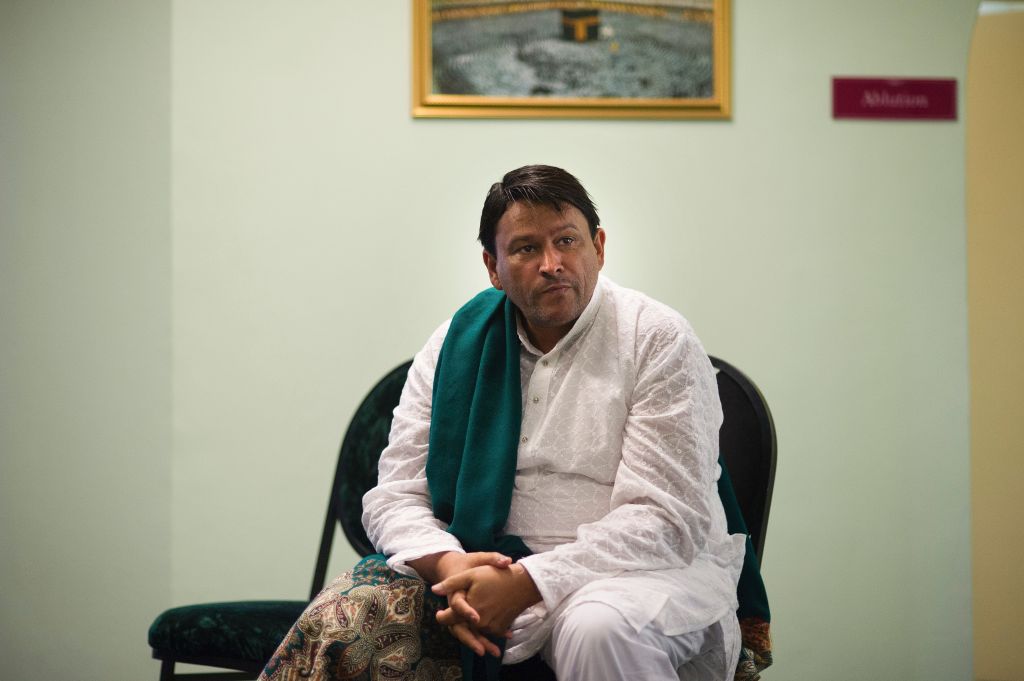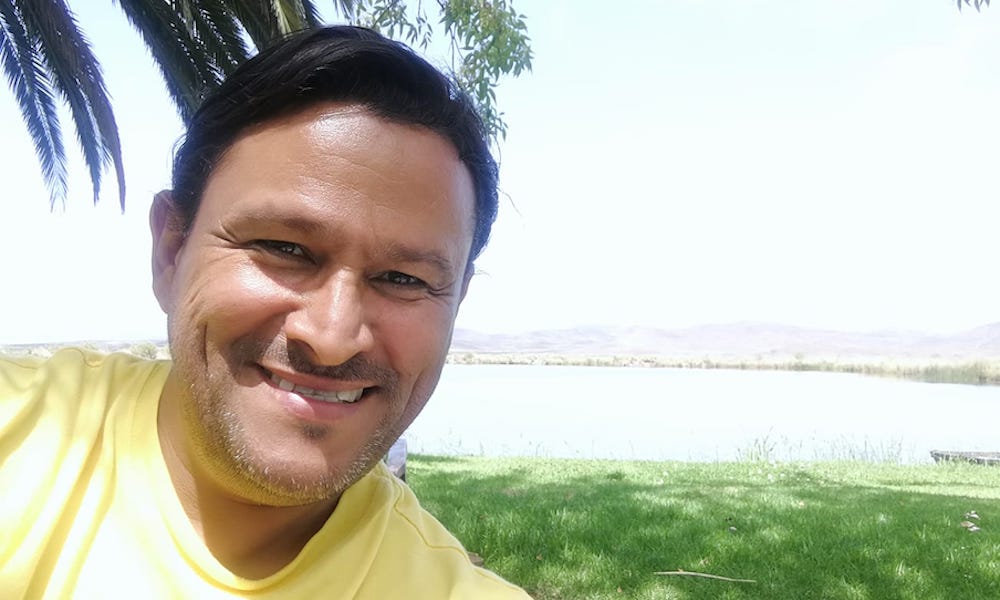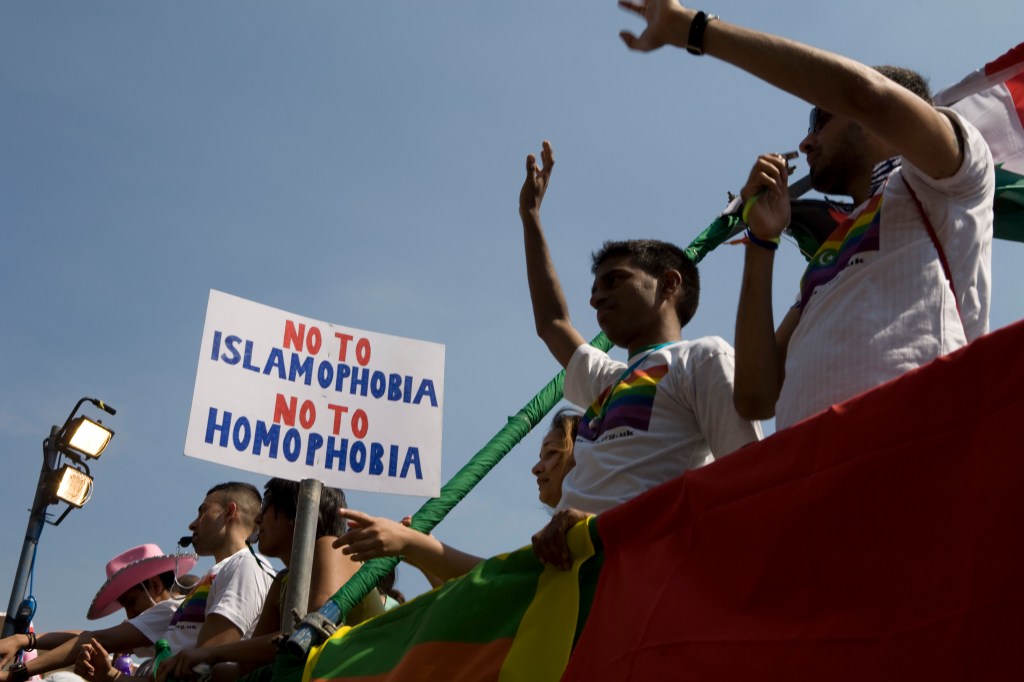WorldPride faces calls for boycott because the U.S. “is no longer a free democratic country”
The African Human Rights Campaign (AHRC) called for a boycott of WorldPride – an international Pride celebration held in a different city every few years, with this year’s festivities to be held in D.C. – citing concerns about travel safety because of the Trump administration’s hostility towards the LGBTQ+ community. The statement echoes a similar statement put out by Germany.
WorldPride will take place in Washington, D.C., between May 17 and June 8. It is meant to celebrate the LGBTQ+ community’s resilience and history. However, recent attacks on the community by the federal government have made this year’s event a dangerous protest.
This is especially true for foreign visitors to the United States. It has become the center of international debate over the safety and visibility of LGBTQ+ people under the Trump administration’s attack on their rights. The president has violated court orders to halt deportations, which has made LGBTQ+ travelers even more weary of whether the laws against false imprisonment will protect them.
“The United States is no longer a free democratic country that WorldPride signed up for,” wrote AHRC Executive Director Melanie Nathan in her statement.
The AHRC advocates for LGBTQ+ Africans and asylum seekers and is now comparing attending WorldPride in the U.S. to legitimizing Apartheid in South Africa. Pointing to recent policies such as the gutting of asylum protections and increased hostility for trans and nonbinary people, the group says that visibility in a hostile environment will not guarantee safety.
“African Human Rights Coalition calls on WorldPride to come out and make the strongest of condemnation and solidarity statements, to cite all the antagonism that this current United States presents to its LGBTQI+ citizens,” said a spokesperson for the AHRC.
WorldPride organizers are facing increasing attacks on their funding in the wake of the administration’s attempts to end diversity initiatives. Booz Allen Hamilton, a firm with federal contracts, withdrew its sponsorship in February following Trump’s executive order to erase DEI efforts.
Despite concerns raised by organizations outside the U.S., WorldPride organizers are resisting the boycott call, emphasizing that participation is an act of resistance. They say that canceling or relocating the event outside the United States is not an option and see it as an opportunity to resist the government’s discrimination and demonstrate collective strength.
“A boycott of WorldPride sends the wrong message,” Ryan Boss, Capital Pride Alliance executive director, told The Advocate in a statement. “We need to show up together, show resilience and resistance to ensure we remain visible and heard.”
People are still concerned about travel restrictions. Capital Pride Alliance has stated they will make efforts to ensure the safety of those who plan to attend by working with law enforcement and federal agencies. The AHRC, however, argues that those agencies can not be trusted.
“To the transgender and nonbinary people who are considering joining us in D.C. for WorldPride, I want you to know that we are working tirelessly with agencies and advocates to ensure that you are able to safely and securely travel to and from the U.S.,” Boss said. “Our local community is vibrant and diverse, and we are excited to welcome everyone. For those that choose not to, or are unable to, join us in D.C., know that we need you to remain a part of this movement. Please stay active where you are and join us virtually if you are able.”
Though times remain uncertain, WorldPride is moving forward with preparations. WorldPride is planning the largest LGBTQ+ music festival in history. The event will run from June 6 to 8 and feature performances from Doechii, Kim Petras, Jennifer Lopez, Troy Sivan, and RuPaul, along with other performers.


